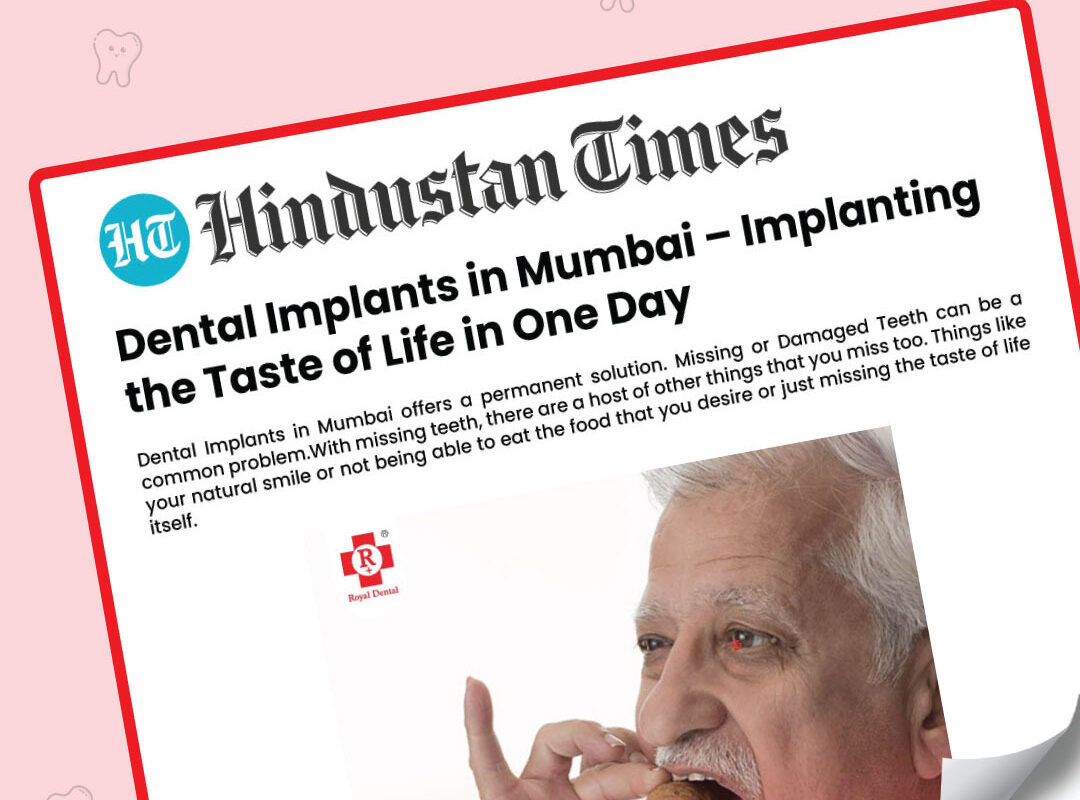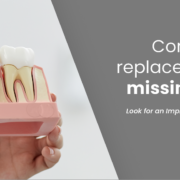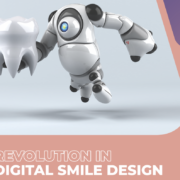When it comes to dental implants, there is no shortage of information about why and when you should get them. You’ll find articles about the pros, cons, and best practices for getting an implant. Implant-induced decay (also called peri-implantitis) occurs when bacteria from your mouth grow under the surface of your gums and begin to attack the bone around your implant. Once these bacteria have begun attacking the bone, they can continue to do so even after treatment has begun. This means that simply treating the symptoms of implant-induced decay with antibiotics doesn’t get rid of them for good. If left untreated, this condition can cause further damage to your jawbone and make it harder to place a dental implant in the future. In this article, we’ll discuss what causes this condition, how you can prevent it!
What is implant-induced decay?
Implant-induced decay is a type of peri-implantitis that occurs when bacteria from your mouth grow around the surface of your implant and begin to attack the bone around it. This infection can cause bone loss around the implant, which results in a reduction in the amount of bone available for the implant to be anchored in.
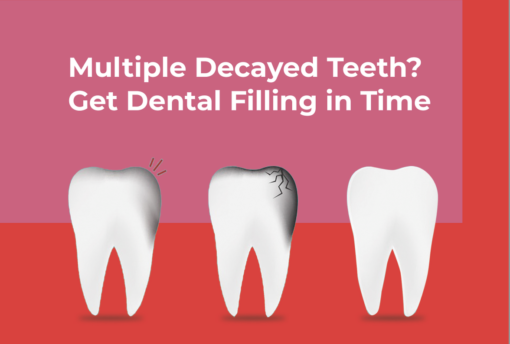
Even though implant-induced decay is caused by bacteria originating in your mouth, the bacteria that cause this condition can’t be treated with regular antibacterial mouthwash. Most mouthwash only kills the bacteria that are present in your mouth at that very moment–not the bacteria that have the potential to cause disease in the future.
How does implant-induced decay happen?
The exact way that implant-induced decay occurs is still being explored. What we do know, however, is that it’s a two-step process. The first step involves bacteria getting in between your gums and the implant. This bacteria is already present in your mouth. But it usually stays in the crevices of your teeth and gums and doesn’t cause any problems.
But when it comes into contact with an implant (which is a very porous material). It can get underneath your gumline and start to grow there. The second step of the process is when the bacteria start to break down the bone around the implant.
Signs and symptoms of implant-induced decay
Implant-induced decay isn’t always easy to spot. What sets these bacteria apart from the others in your mouth is their ability to break down bone. The bacteria that cause peri-implantitis live in your gums.
Most people with peri-implantitis don’t experience any symptoms. So it’s important to get regular dental check-ups so that any signs of peri-implantitis can be caught and treated before they cause any damage. Peri-implantitis can cause a number of symptoms that may or may not be present in your particular case. Some signs of peri-implantitis include:
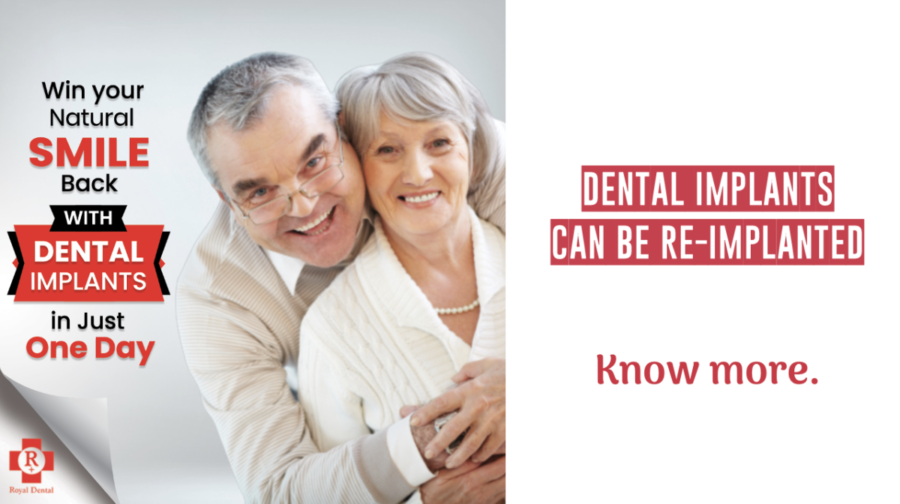
Preventing implant-induced decay
Preventing implant-induced decay is best achieved by maintaining good oral hygiene and avoiding behaviors that can increase the likelihood of bacterial growth in your mouth. Brushing and flossing your teeth two times a day can help to remove plaque. The sticky substance that bacteria feed on.
Using an antibacterial mouthwash (like Lörd Mouthwash ) can help to reduce the number of bacteria in your mouth and speed up the process of removing plaque. If you smoke, you should make every effort to quit. Smoking can cause your gums to recede and your teeth to become more likely to break. Making them more susceptible to bacteria in the first place.
Treating implant-induced decay
If you have signs of peri-implantitis. Your dentist will treat the condition with a combination of the following: Antibiotics. They are the fastest way to kill the bacteria that are causing the infection.
Anti-inflammatory medication. Drugs like ibuprofen and aspirin can reduce the amount of swelling in your gums and help to speed up the healing process. Anti-microbial mouthwash: An anti-microbial mouthwash applied every other day can help to reduce the number of bacteria in your mouth and slow the growth of future infections.
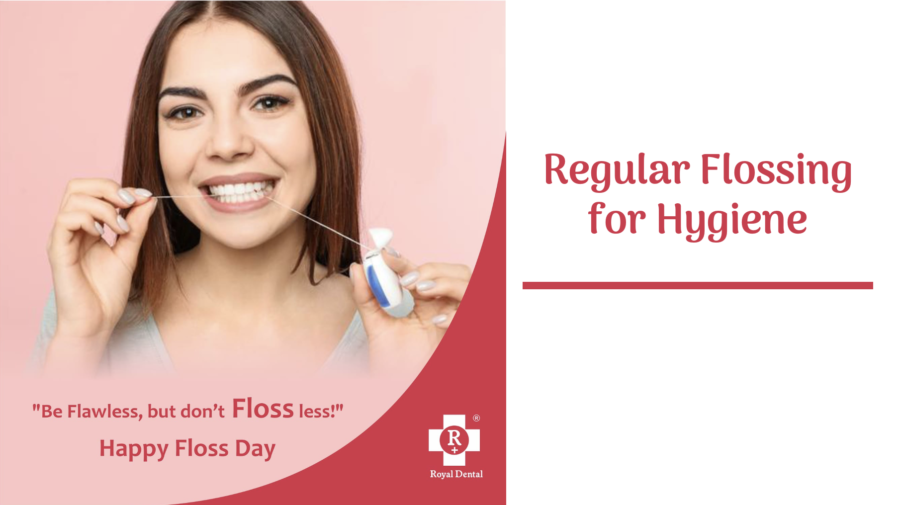
Conclusion
When it comes to dental implants, there is no shortage of information about why and when you should get them. You’ll find articles about the pros, cons, and best practices for getting an implant. What you won’t find much discussion about is a problem that can arise following the procedure.
Implant-induced decay is a type of peri-implantitis that occurs when bacteria from your mouth grow around the surface of your implant and begin to attack the bone around it. This infection can cause bone loss around the implant. Implant-induced decay is a serious condition, but it is also a preventable one. By practicing good oral hygiene and avoiding the behaviors that can lead to bacterial growth in your mouth, you can reduce the risk of infection around your implant and keep your smile healthy for years to come!

